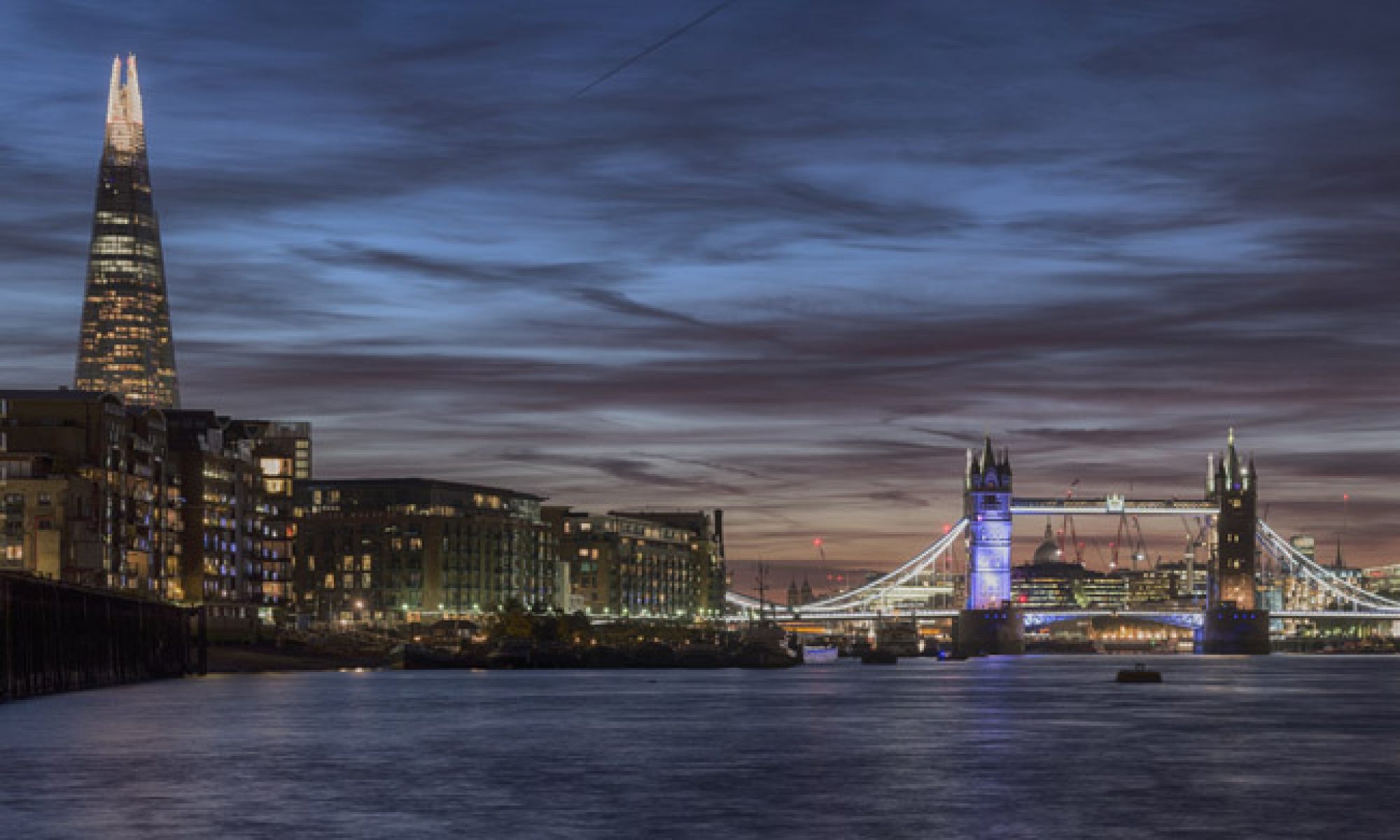A r t i c l e s
a/an (an indefinite article)
When speaking about something for the first time and represents NO particular thing or person, it can also mean one (a man = 1 man)
a hat, a university, a man, a woman
Example of class of things:
A car must be insured = All cars must be insured.
A child needs love = All children need love.
With a noun complement: It was an earthquake. He’s an actor.
In certain expressions of quantity: a lot of a dozen of a couple of
With certain numbers: a hundred a thousand a million
Before half when half follows a whole number:
one and a half of kilos or a kilo and a half
In expressions of price, speed, ratio etc. (can be used instead of ‚per‘):
65p a kilo £1.37 a litre 70 miles an hour
‚a‘ can be placed before Mr/Miss/Mrs when the speaker doesn’t know the person:
a Miss Jones, a Mr Hyde, a Mrs Smith
We don’t use a/an before plural nouns:
a dog – dogs, a man – men, a child – children
Or before meals: We have breakfast at 7 o’clock. BUT I had a good lunch yesterday.
The (definite article)
When object is unique or considered to be unique:
the earth, the sky, the sun
Before a noun which has become definite as a result of being mentioned for the second time:
She bought a car. The car is a red convertible.
Before a noun made definite by the addition of a phrase or clause:
The girl in a blue dress.
The man in a funny hat.
The dog I found in the streets.
Before a noun which by reason of locality can represent only one thing:
Pass me the wine, please. (wine on the table)
He’s in the garden. (garden of this house)
Before superlatives and ordinal numbers used as adjectives and only:
The best place……
The first car ……..
The only one to………
The + singular noun can represent a class of animals and things:
The whale is in danger of becoming extinct.
The beer is the best Czech export.
BUT man (as a race) has NO article:
Man is on the top of the food chain.
‚The‘ can be used before a member of a certain group of people:
The independent shopkeeper is under pressure from the retail chains.
The + adjective represents a class of people:
the old = all old people
the rich = rich people
‚The‘ is used before certain proper names of seas, rivers, groups of islands, mountain ranges, deserts, regions, plural names of countries or when include republic, united etc.
The Atlantic ocean, The Thames, The Virgin islands, The Alps, The Riviera
The Sahara, The Netherlands, The Czech republic, The UK, The UAE
Exceptions: The Hague, The Yemen, The Sudan, The City (city of London)
‚The‘ is used when name has a form of noun + of + noun:
The Gulf of Mexico
The Cape of Good Hope
The United States of America
With north, south etc. when these are nouns meaning the whole region:
in the north of Spain
in the south of England
on the left/right
With the names of newspapers when it is the part of the name:
The Times / The Sunday Times
The Sun
The Economist
© www.swotting.eu

182 odpovědí na “Articles”
Komentáře jsou uzavřeny.